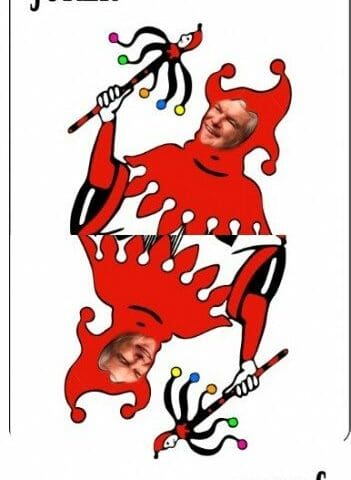
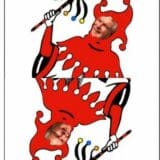
(This column first appeared in slightly longer form on Huffington Post.)
As a House back-bencher and then as Speaker, Newt Gingrich made his name as a fiery opponent of wasteful government spending. But, in fact, he was one of Congress’s biggest spenders.
Gingrich’s big-spending habit is perhaps the most important, but the least-known, of his many hypocrisies. When will a reporter — or one of Gingrich’s GOP opponents — ask him about this in one of the debates?
The twice-divorced Gingrich’s hypocrisy on “family values” is now well-known, yet there’s another example of Gingrich’s ethical double standard. Gingrich — who quarterbacked a successful effort to force House Speaker Jim Wright, a Texas Democrat, to resign over ethics violations in 1989 — was himself embroiled in an ethics scandal during much of his own speakership. Gingrich used GOPAC — his conservative fundraising operation —


I could be a hopeless optimist, but it seems that more people are thinking deeply about the kinds of lives they want to lead as life has become harder in our country. Recently I was invited to speak to students in a Nonprofit Leadership graduate program on “How to Build a Career Based on Social Justice Principles.” It gave me a chance to think about what has worked for me, and these are the guidelines I shared that evening:
1. Do the work you think needs to be done — whether you get paid for it or not. Our life “careers” are made up of the work we do for pay as well as what we choose to do in our personal time. Instead of dreaming of getting paid to do the work you truly believe in, go ahead and do it now as a volunteer. All the important justice movements of our times – civil rights,
» Read more about: Your Choice: The Just Life – Or Just Life »
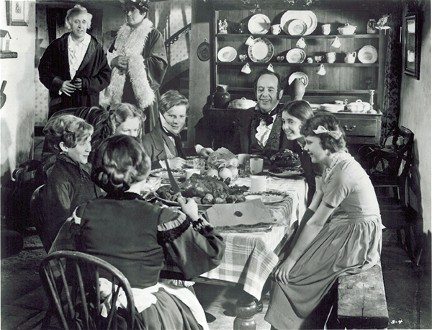

Once again the holidays are upon us and, like everyone else, I’m running around, from one party to the next. It’s a chance to catch up with folks I haven’t seen in ages or have been meaning to see for ages. It’s also a time of numerous fundraisers. Which means I don’t have to shop.
Really? Aren’t we all supposed to be consuming to keep the economy humming? Or at least idling? So they say. I was supposed to go out and shop after 9-11 too. I didn’t take the capitalists’ advice then and I’m not taking it now. Not totally, that is. Because I do spend a ton of money during the holidays. But I spend most of my hard-earned cash on drinks and food, which I would argue feeds the local economy, and that’s more important to me in our current tough times.
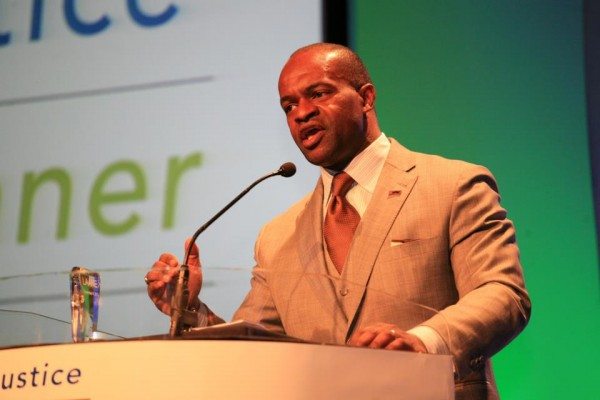

Part Two of a two-part interview
I spoke with DeMaurice Smith, executive director of the NFL Players Association, before he and the association were given LAANE’s City of Justice Award at the Beverly Hilton Hotel on December 8. The first half of the interview ran yesterday in the Frying Pan.
Caroline O’Connor: Do you feel that the NFL owners had an agenda to bust the players’ union?
DeMaurice Smith: I made it perfectly clear to our players that the existence of our union was what was at stake. I believed that the day I took the job. It was important for our players to understand that this was not just a contract negotiation.
CO: It appears that there was a lot of real solidarity among the star players and all of the players. How was that achieved?


Black Friday may be a distant memory already, but as we head deeper into the holiday shopping season, there are some important lessons to be learned about the psychology of marketing and the real cost of bargain hunting.
Here’s a cautionary tale from my own life: One year on the day after Thanksgiving, my uncle, a tech geek, woke my brother and me up at an ungodly hour to get to Fry’s Electronics by 5 a.m. The doors opened at 7 a.m. Despite us ending dinner early, waking up before the crack of dawn and standing around in the dark for hours, most of the deals had already been whisked off the shelves by the time we got in the door. We wandered around a store so crowded it bordered on unsafe before finally buying some gadgets just to feel like we hadn’t wasted our time.
This year, as the recession continues,
» Read more about: Black Friday and the Psychology of Scarcity »
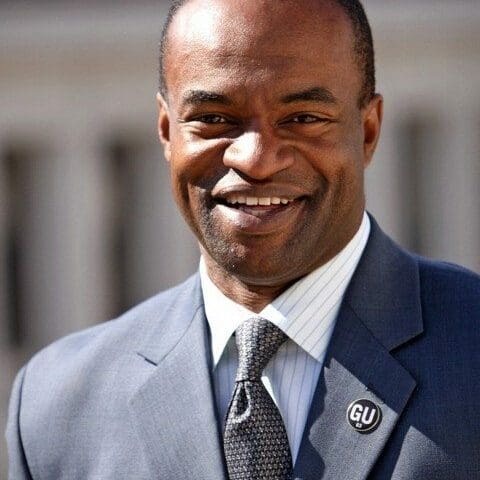

Part One of a two-part interview
I stole DeMaurice Smith. That is, I grabbed 20 minutes with the executive director of the NFL Players Association, between poses in front of the step-and-repeat and shaking hands with enthusiastic dinner guests. Smith and the association were honorees at the December 8, LAANE City of Justice Awards Dinner, along with Culture Clash and the main guest of honor, Madeline Janis, at the Beverly Hilton. Later, Smith gave a rousing speech to a packed ballroom without looking at a single note. Just sayin’.
I wanted to know more about the guy I saw on TV during the first half of 2011 who brought all of the football players into a huddle — not to call out plays on the field, but to talk organizing strategy and give pep talks on contract negotiations.
» Read more about: NFL’s DeMaurice Smith on Everyday Work and Ordinary People »


It’s just not fair. For years, business and civic leaders have been telling public officials like me to “run government like a business.” Recruit top-flight executives who know how to get things done. Spend what’s necessary at the “top” so that the over-arching goals of the enterprise can be achieved. Get rid of all of that unnecessary bureaucratic “process” that just slows things down. Make the “deals” happen and get on with the business of government.
Unfortunately, when we do just that, we get slammed. In fact, an outside observer might point out that all of this emphasis on running government like a business is just a trap for the poor unsuspecting schlubs (a.k.a., government officials) who are just trying to do what they’re told.
Case in point is the situation at the Housing Authority of the City of L.A., responsible for all public housing in L.A.


Here’s an issue custom made for the Occupy movement: the billions of dollars spent every year by local and state government on tax breaks and subsidies meant to attract businesses. Occupiers outraged about bank bailouts should check out the new study, Money for Something, by Good Jobs First, which finds that government largesse often comes with no strings attached in terms of job creation or job quality.
The report seems to have struck a chord with a newly responsive press, which has been given license by the Occupy movement to, however belatedly, shine a spotlight on the myriad ways in which corporate America has rigged our political system to their advantage. Check out the excellent New York Times piece on this important expose.
» Read more about: WebHot: Here’s the Money, Now Show Us the Jobs »


T’is the season of the full mailbox. Every day when I pick up our mail, the box is stuffed with requests for donations. My wife Susan and I get them from everyone – from CARE to the Salvation Army to cancer research to the Red Cross. We get them just like you do because this is the time of year when people think about giving to others – and tax deductions only count if you make that donation before December 31.
Poring over some demographic materials a few years back, I realized that Susan and I are among the top three percent of givers in Southern California. I couldn’t believe my eyes. How could a low-paid Methodist minister give away enough money each year to be in the upper echelon of generosity? Especially with all the wealth in Los Angeles.
Turns out, it wasn’t hard at all. We practice the ancient religious tradition of tithing – we give away 10% of our income.


People often get pretty touchy this time of year. Maybe it’s having to go to the mall. Maybe it’s the stress of dealing with family. Maybe it’s thinking about all those broken resolutions from a year ago. But whatever the reason, Americans tend to lash out at each other more than usual.
A perennial complaint has to do with the so-called “War on Christmas.” Showing that my own people don’t have a monopoly on a persecution complex, some Christian groups are very quick to declare themselves under attack. And to be sure, our on-again-off-again national flirtation with inclusivity does lead many people to say things like “Happy Holidays.” (I know, how hateful!)
Many of these groups and individuals base their indignation on the “fact” that this is a Christian nation. Of course, we are not a Christian nation, though the Judeo-Christian tradition informed many of our earliest values and laws.
» Read more about: Singing the First Amendment Christmastime Blues »